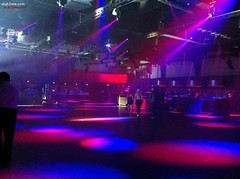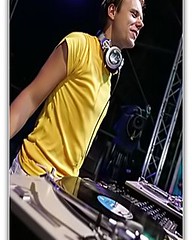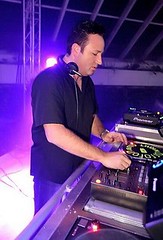Young children raised in bilingual homes have a greater ability to prolong their capacity to learn languages compared to other children, according to a study released Monday.
Earlier studies have shown that children have a special capacity for learning a second language, but this ability begins to disappear about when they have their first birthday.
This latest research concluded, however, that children raised in bilingual households prolong the time during which they are especially sensitive to learning a second language.
"The bilingual brain is fascinating because it reflects humans' abilities for flexible thinking - bilingual babies learn that objects and events in the world have two names," study co-author Patricia Kuhl, co-director of the University of Washington's Institute for Learning & Brain Sciences, said.
The scientists who worked on this study are investigating the cerebral mechanisms that contribute to babies' skill in learning languages in the hope that the results can help spur bilingualism in adults.
Some of Kuhl's past studies showed that between the 8th and 10th month after birth, monoligual babies become more and more capable of distinguishing the sounds of their mother tongue, while their ability to recognize the sounds of a foreign language diminishes.
"The infant brain tunes itself to the sounds of the language during this sensitive period in development, and we're trying to figure out exactly how that happens," Kuhl said.
"But almost nothing is known about how bilingual babies do this for two languages," she added. "Knowing how experience sculpts the brain will tell us something that goes way beyond language development."
"When the brain is exposed to two languages rather than only one, the most adaptive response is to stay open longer before showing the perceptual narrowing that monolingual infants typically show at the end of the first year of life," according to the study's lead author, Adrian Garcia-Sierra, postdoctoral researcher at UW's Institute for Learning & Brain Sciences.
Source EFE

 10:05 PM
10:05 PM
 Salsa Circuit
Salsa Circuit

 Posted in
Posted in























0 comments:
Post a Comment